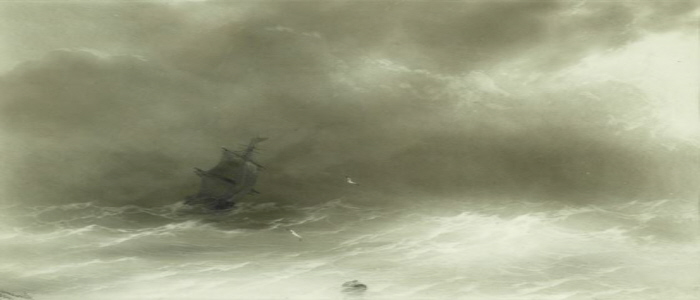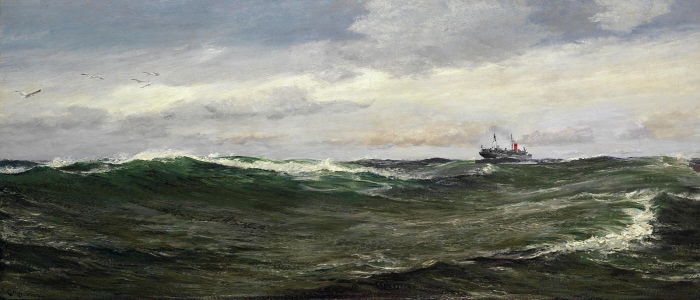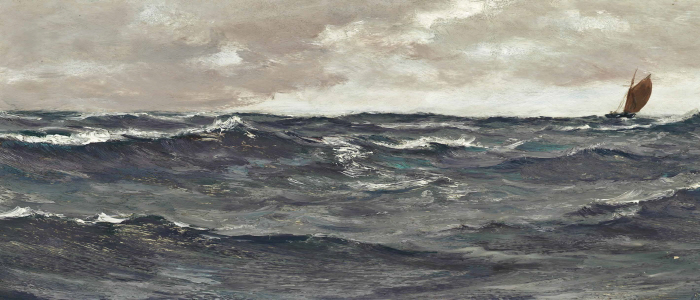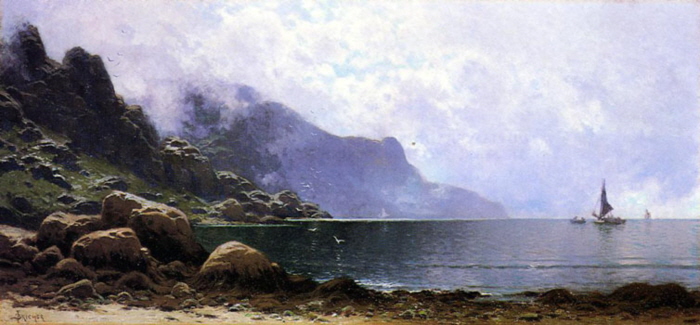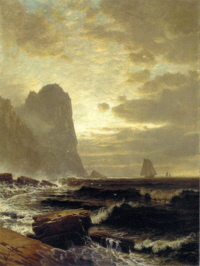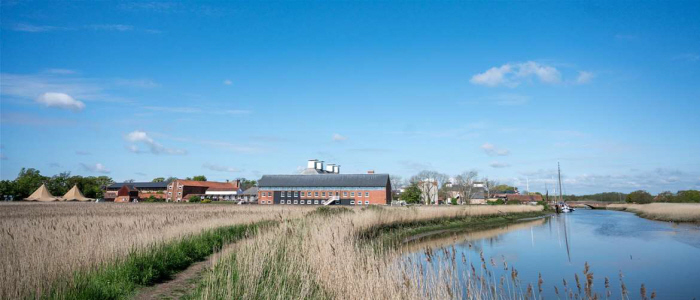David Bramhall
David Bramhall is a former musician and teacher, and something of an authority on the training of children's choirs. He founded and directed the award-winning Harmony Girls' Choir, and his book Training Your Young Choir sells slowly but steadily all over the world, as do two classroom text books on music.
In 2012 he turned his attention to story-writing. He started The Black Joke in French Guyana, wrote most of it in Brazil, and finished it on a container ship across the Atlantic to Rotterdam. He says yes, thank you, he had a lovely time and that's all he wants to say except that Fenestra was quite annoying even while he was writing her. And in case anyone wonders, Urethra Grubb is definitely based on a real person ... but it's a secret.
The Bernadette and Rio Sagrado were written on the Isle of Whithorn in south-west Scotland. It's not actually an island at all, although it feels like it. Very few people, lots of sheep, and constantly changing weather ... one day windy, the next day raining, the next rainy and windy ... you get the idea. Excellent for writing; the temptation to get up and go for a walk is so easy to resist!
Turnstone was written in a cottage in North Devon, just for a change. Very few people, lots of sheep, and constantly changing weather ... one day windy, the next day ... need we go on? Patience and the Pyrate was written in deepest Cardiganshire (which is pretty deep, trust us) and the weather was actually rather nice.
David is also a bit of a poet, though he prefers to call himself a "versifier" as he doesn't take it very seriously. His poem "Snape Maltings, the concert hall late at night" (see below) won the prestigious King Lear Prize for Poetry in 2020. He says it's the only thing he's ever won in his life, and is very proud. He plans one day to publish an anthology of verse, but only has half a book's worth so far.
He lives in the East of England with his wife, also a musician, and plays with historic steam locomotives in his spare time.
Snape Maltings, the concert hall late at night
The orchestra has ceased to play,
The audience has gone away.
Onstage, small crosses on the wood
Mark where the solo singers stood.
Now comes the rush to home or pub,
To glass of wine or late-night grub
And fond post-mortems in the bar,
How fine the choir or orchestra!
Cup of tea or beans on toast,
And which the bit you liked the most,
And was the tenor slightly flat
Or did you just imagine that?
The ushers gone, the foyer hushed,
The seats are folded, floor is brushed,
And piles of unsold programmes lean
Beside the ticket cash machine.
The car doors slam, performers tell
Each other that it went off well,
We certainly must come again.
Soft silence settles on the fen.
Inside, the air is warm and thick,
Contained by wood and russet brick.
A well of velvet, dark and dim,
Where ghostly oratorios swim
And all the music ever heard,
Each silver note, each lambent word
Still rings though not a soul is near;
Still hums, electric, in your ear.
